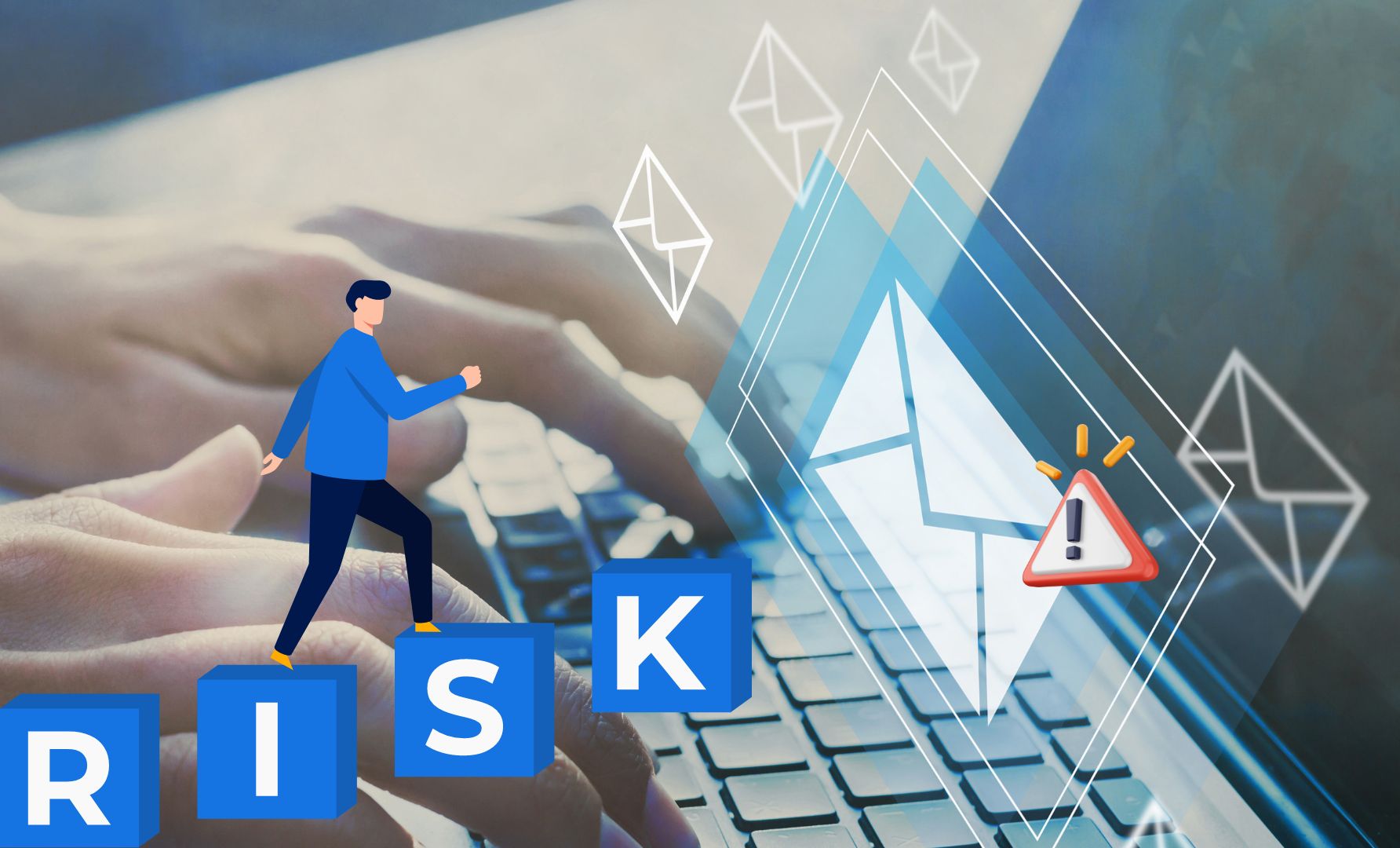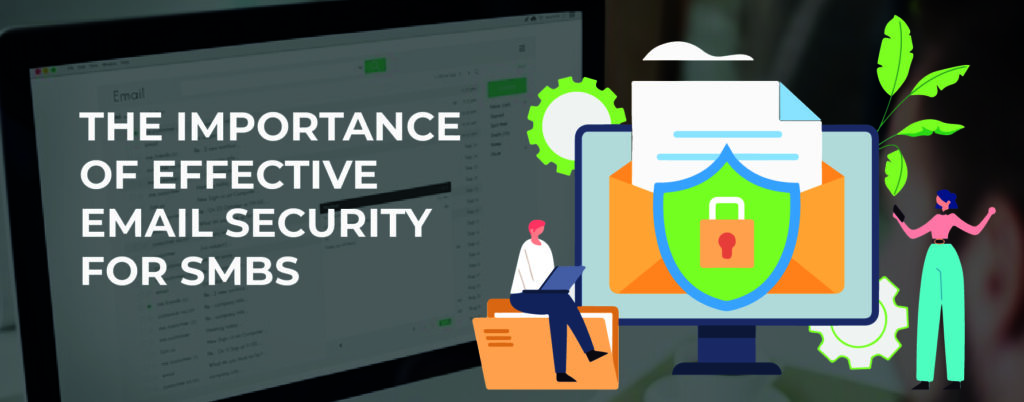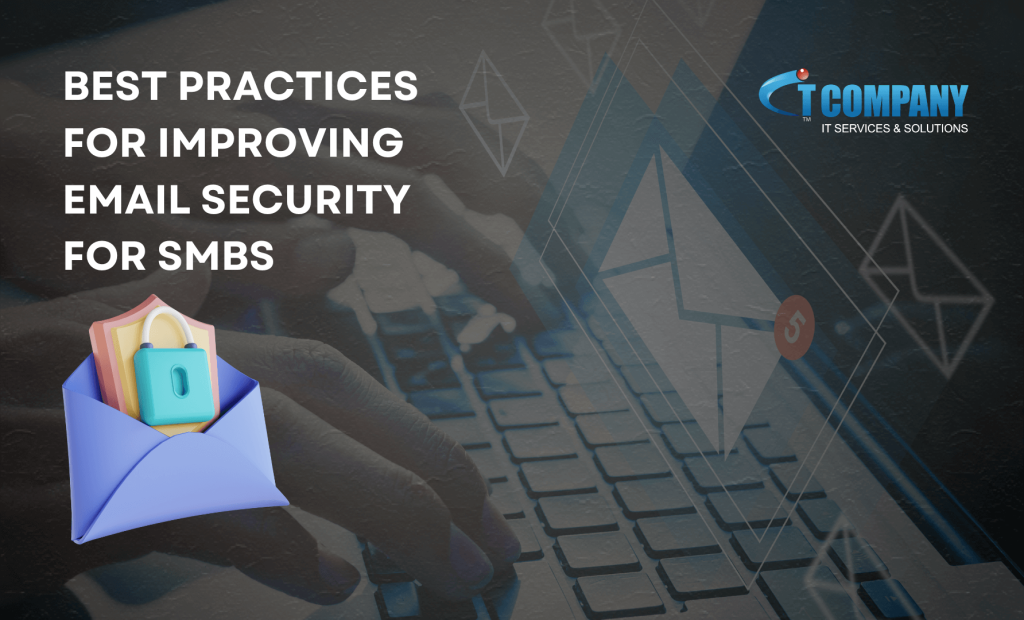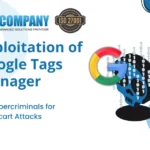
For small businesses with limited resources, managing the complex field of email security may appear to be a difficult task. In this article, we’ll look at how small businesses may improve their email security, even with limited resources, by leveraging the capabilities of Email Security Check to protect their digital assets.
Email threats are increasing at an alarming rate. Small and medium-sized businesses (SMBs) are especially vulnerable to cyberattacks, and if they fail to protect themselves against the escalating hazards of email attacks, they risk losing important data and experiencing long-term financial losses.
Table of Contents
ToggleSmall and medium-sized businesses face major email threats

SMBs face major dangers when utilising email. Phishing, data theft, and malware are some of the most typical threats that small and medium-sized businesses face while utilising email.
Phishing is an effort to obtain sensitive data via bogus emails or websites, whereas malware is dangerous software that may steal personal information or transmit infections. Because of a lack of cybersecurity resources and knowledge, many small and medium-sized businesses rely on unencrypted email attachments to protect private information.
The relevance of effective email security for small and medium-sized businesses

Small businesses should make email security a top concern. The loss of secret information, such as financial reports, customer data, and intellectual property, damages the company’s reputation and results in financial losses. Despite limited time and cybersecurity resources, SMBs may improve email security by utilising technology such as real-time monitoring, sorting, encryption, and multi-factor verification (MFA).
To improve email security, you should invest in powerful network security solutions, train employees on new threats on a regular basis, conduct regular testing, implement multi-factor authentication, and use virus scanners or firewall software whenever possible. Small organisations, on the other hand, frequently disregard fundamental email security steps like enabling password protection for all accounts and preventing insecure connections.
Best Practices for Improving Email Security for SMBs

- Make a detailed list of all email addresses in the firm.
- Regularly evaluate and update email programme settings, focusing on password and security aspects.
- Contract with third-party data security providers, such as IT businesses or cloud specialists.
- Stay up to date on current dangers and upgrade IT systems accordingly.
- Safe data in the cloud by performing daily backups in several safe places to allow for easy recovery in the case of a cyberattack.
- Implement cybersecurity training programmes to educate personnel about potential dangers and build mindful judgement while handling sensitive corporate data.
- Create a reaction strategy for unauthorised access to decrease the risk to the organisation.
Final Thoughts on SMB Email Security
To summarise, while the route to improving email security for small businesses may appear difficult, it is far from impossible. Organisations with limited resources may strengthen their cyber defences by using the proactive solutions provided by an Email Security Check service. Remember that investing in email security is more than simply a precaution; it is a proactive move towards protecting your company’s reputation, critical data, and long-term success.
In modern times, email attacks pose an important threat to small and medium-sized businesses. To avoid financial losses and secure sensitive data, small business owners should prioritise email security by investing in strong security solutions, properly training personnel, and consistently addressing fundamental security procedures. This allows SMBs to strengthen their email security defences and avoid the negative effects of email attacks.
1. Use secure passwords and authentication factors.
2. Encrypt your emails and attachments.
3. Avoid clicking on any dodgy links or attachments.
4. Choose a secure email service and network.
Some typical categories are: Secure email gateways (SEG): SEGs are placed around the perimeter of the business network to scan and filter harmful emails. These programmes detect and block dangerous emails based on a variety of criteria, including virus signatures, URL filtering, and other phishing behaviours.




